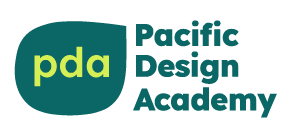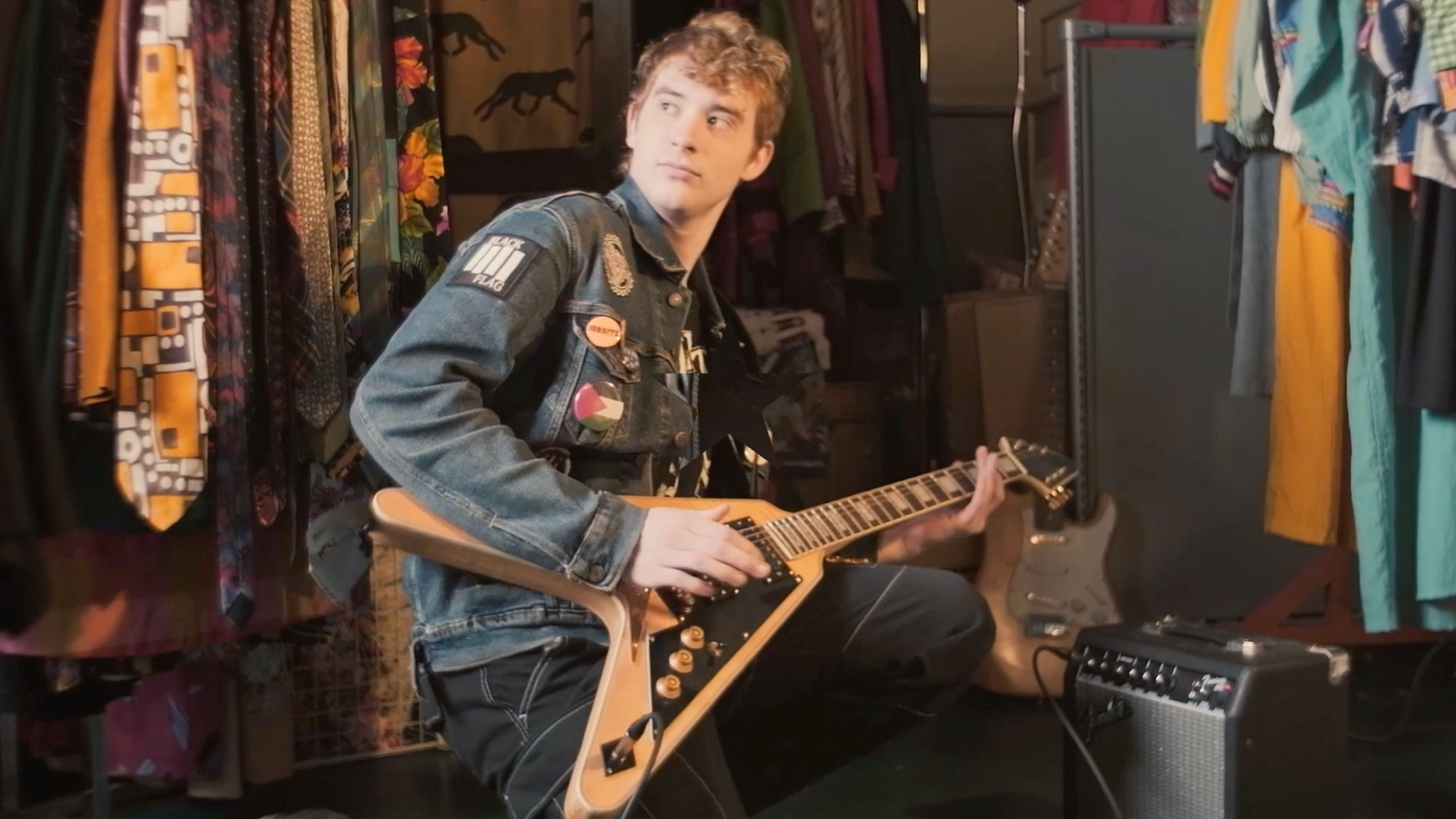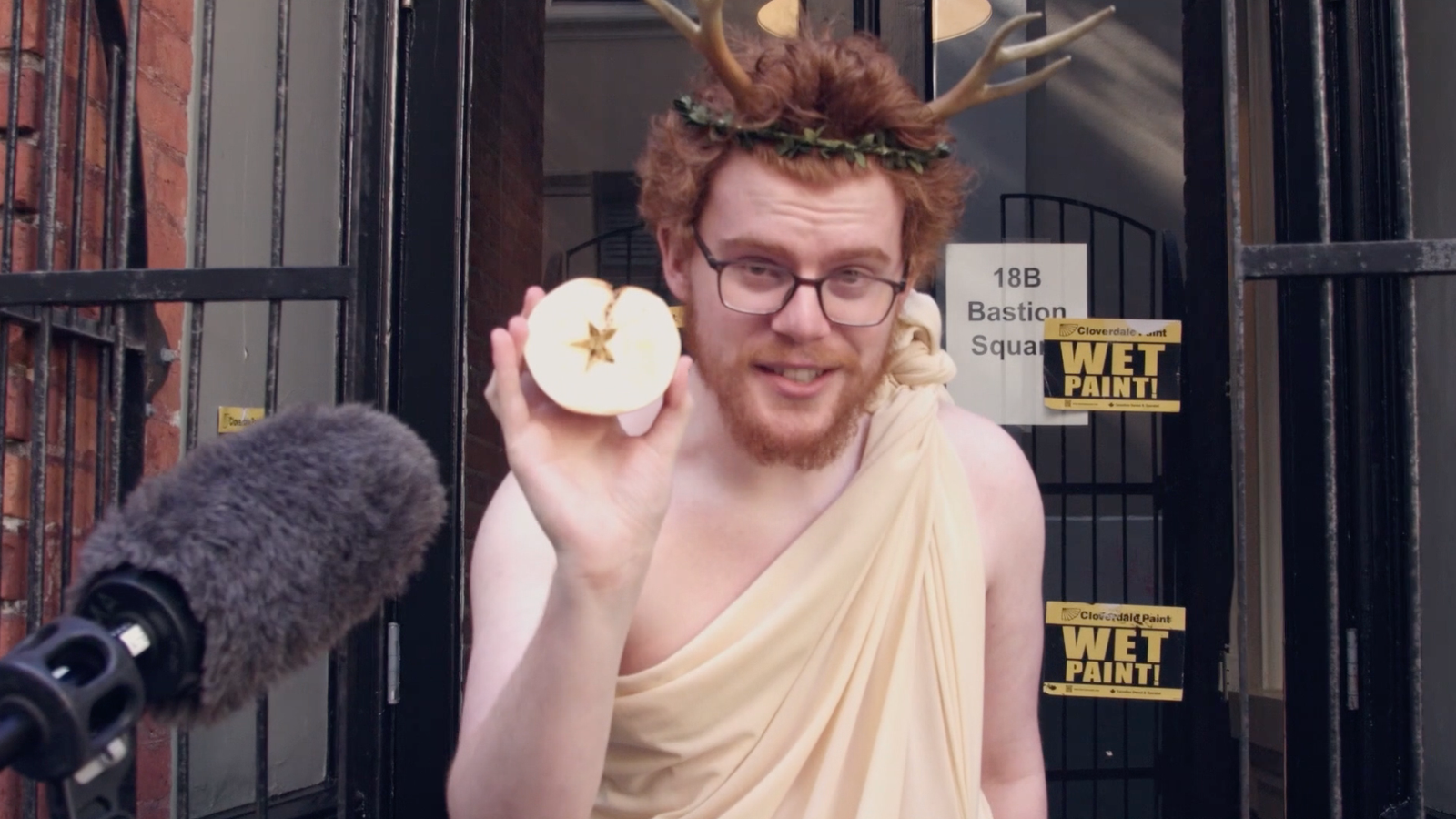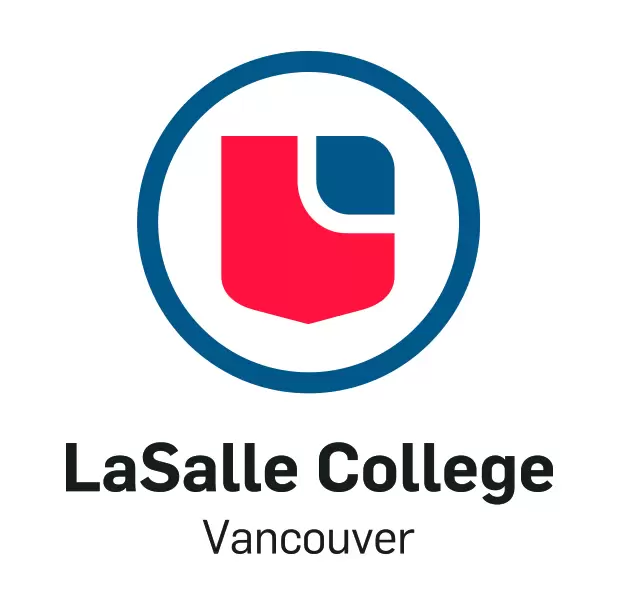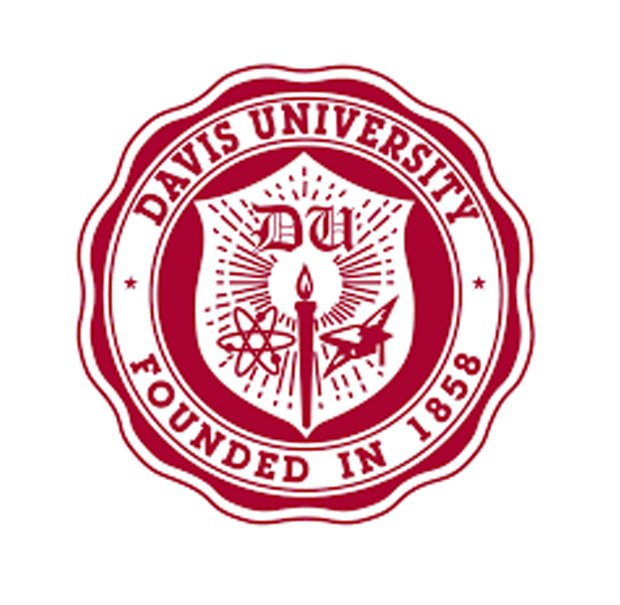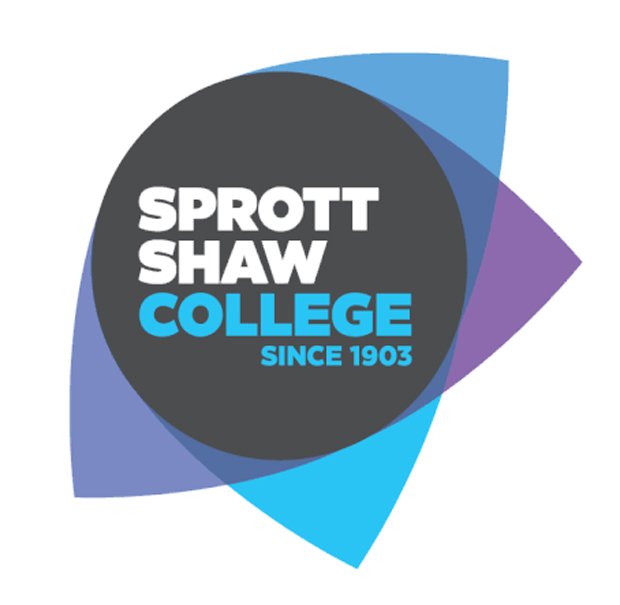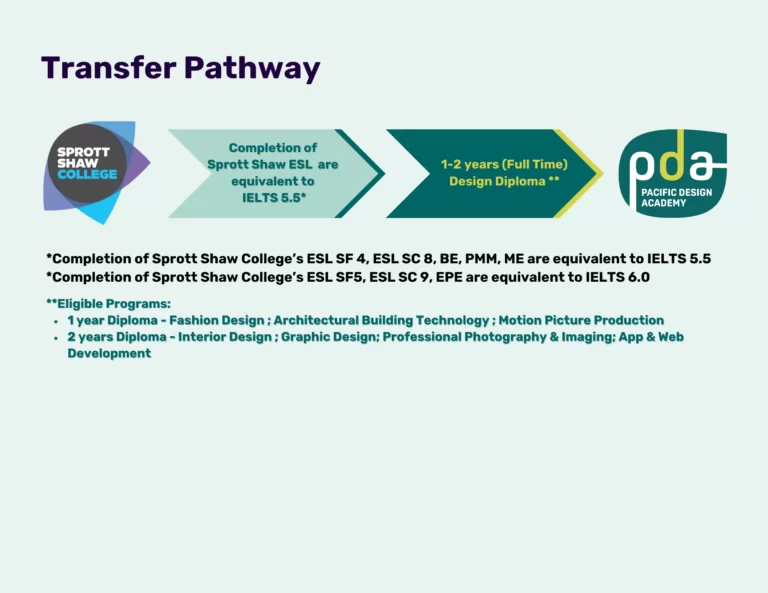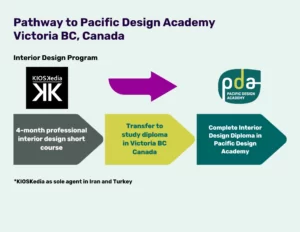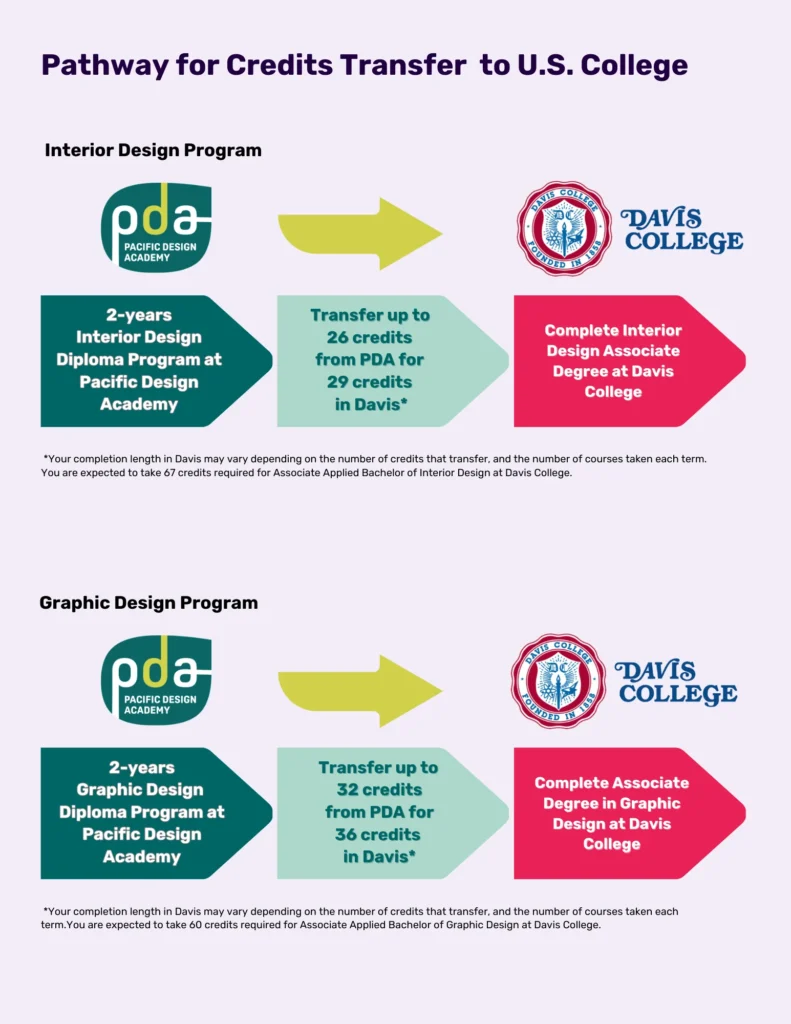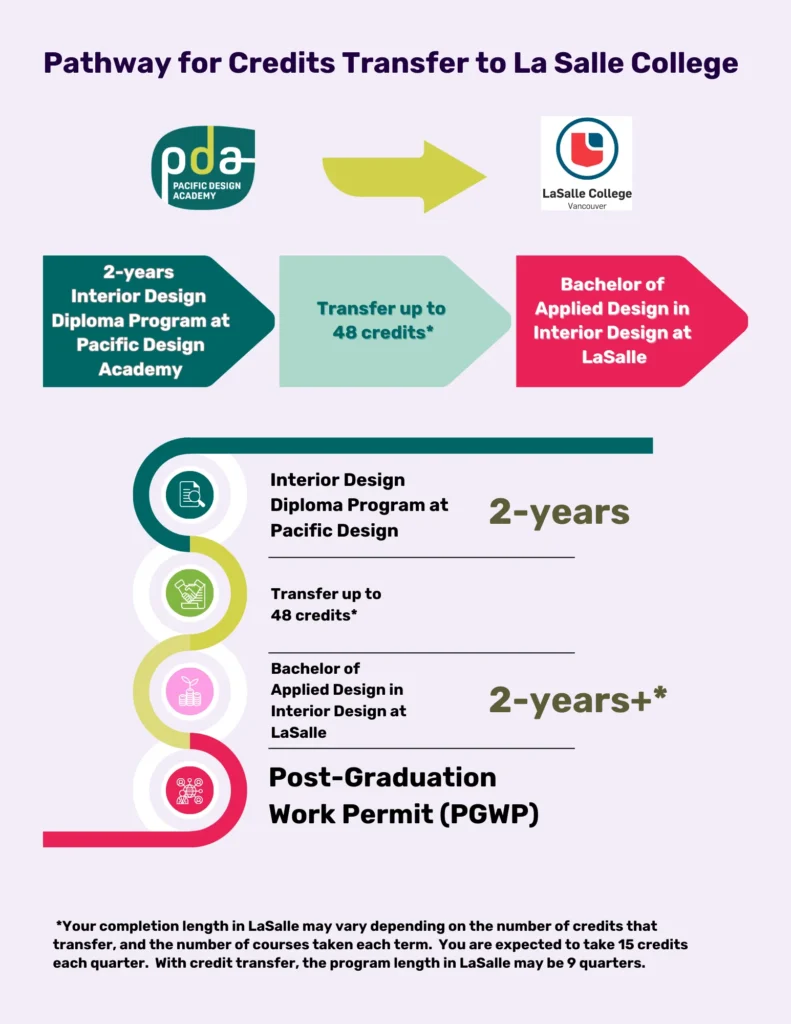Motion Picture Production
Filmmaking is the ultimate team sport.
- Michael Keaton, actor
Tell us about you

Why study Filmmaking at PDA?
At PDA, filmmaking is hands-on from day one. You'll work with industry professionals, use real equipment, and build the skills needed to bring your stories to life—from script to screen. Our small class sizes mean personal feedback and mentorship, while real-world projects prepare you for careers in film, TV, and digital media. Whether you want to direct, shoot, edit, or produce, PDA gives you the creative space and technical training to make it happen.
Our graduates go on to work as:
Video Editor
Videographer
Production Assistant
Set Decoration Assistant
Camera Assistant
Script Supervisor
Script Supervisor
Independent Filmmaker
Students will learn to

Write scripts for short films and digital stories

Use cameras, lighting, and visual techniques to shoot scenes

Edit videos using professional software
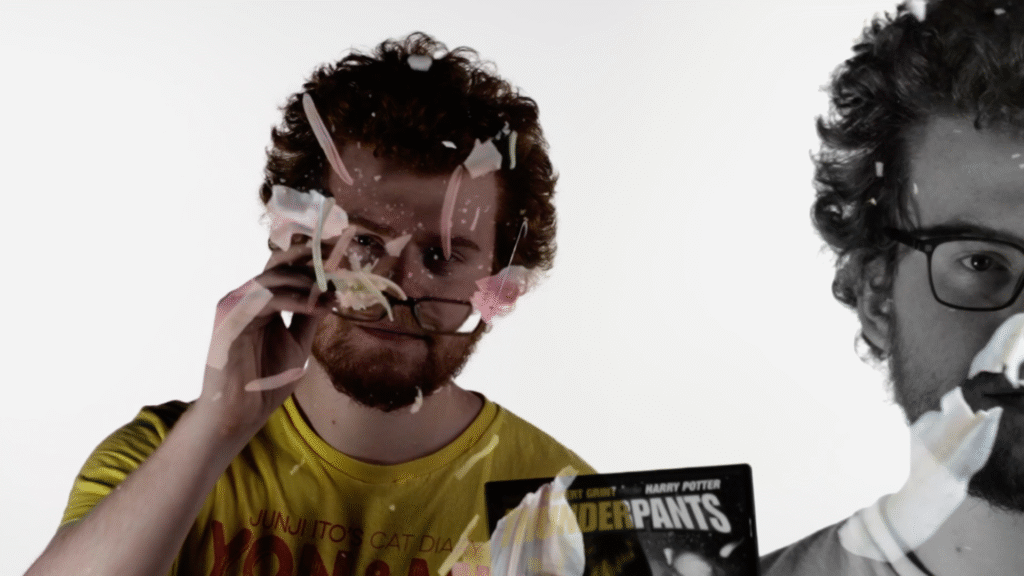
Record and edit clear, high-quality sound
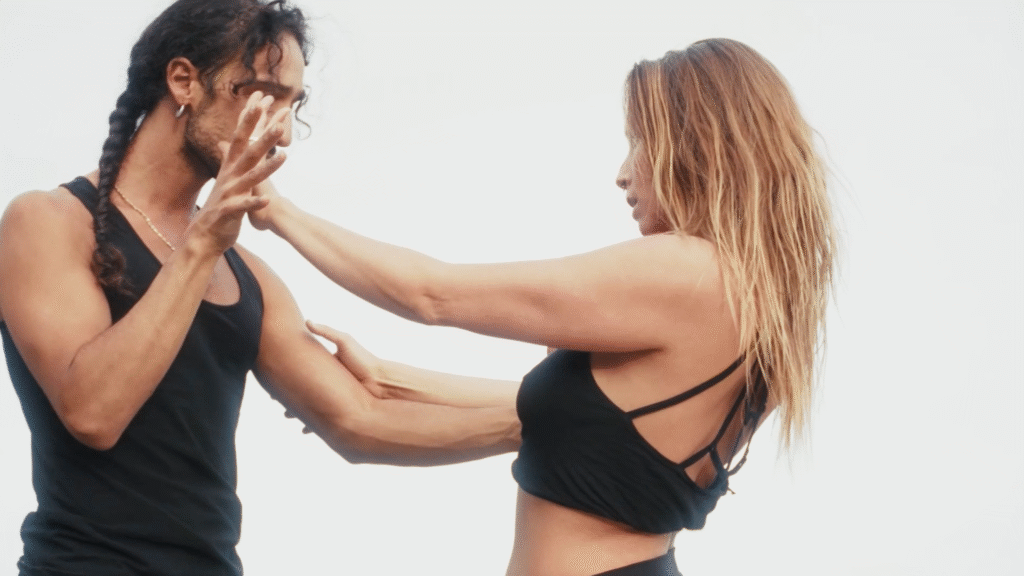
Learn the business side of film, including pitching and production planning
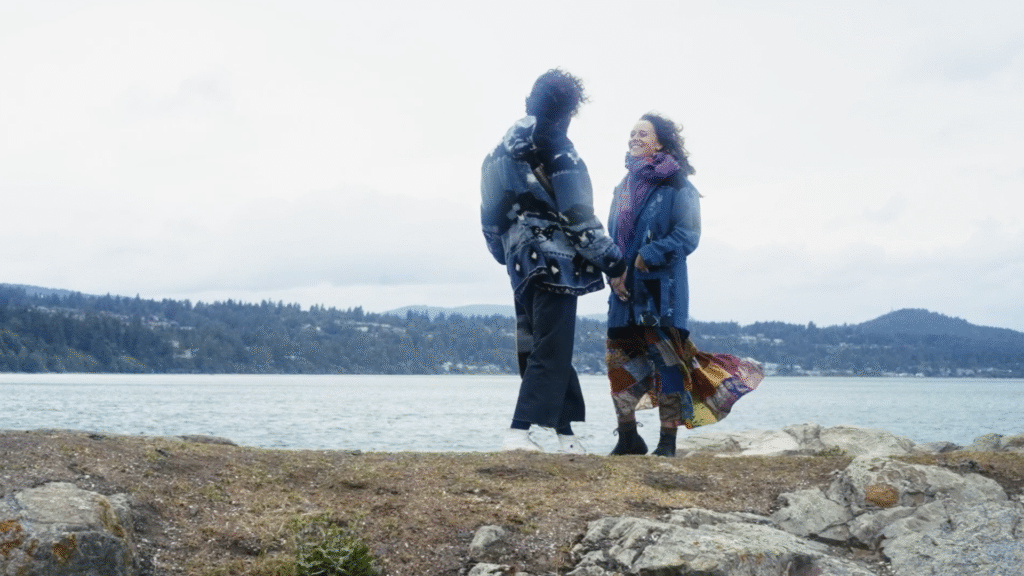
Work on real projects from concept to final cut

Admission Procedures
With small class sizes, hands-on mentorship, and real-world projects, PDA prepares you to launch a bold, confident career in the global fashion industry.
Completion of High school
Proof of education
Completed Application
Non-refundable application fee
Letter of intent
English Proficency
Valid government issued ID
Guardian signature (u 19)
*Please note that this requirement applies to all students, regardless of citizenship or residency. If the minimum grade requirement is not met, an English proficiency test may be considered as a supplementary document for admission.
Partners
& Pathways
It's easy for PDA graduates to continue their studies through our Pathway programs. And graduates of our partner colleges can continue their studies at PDA.
